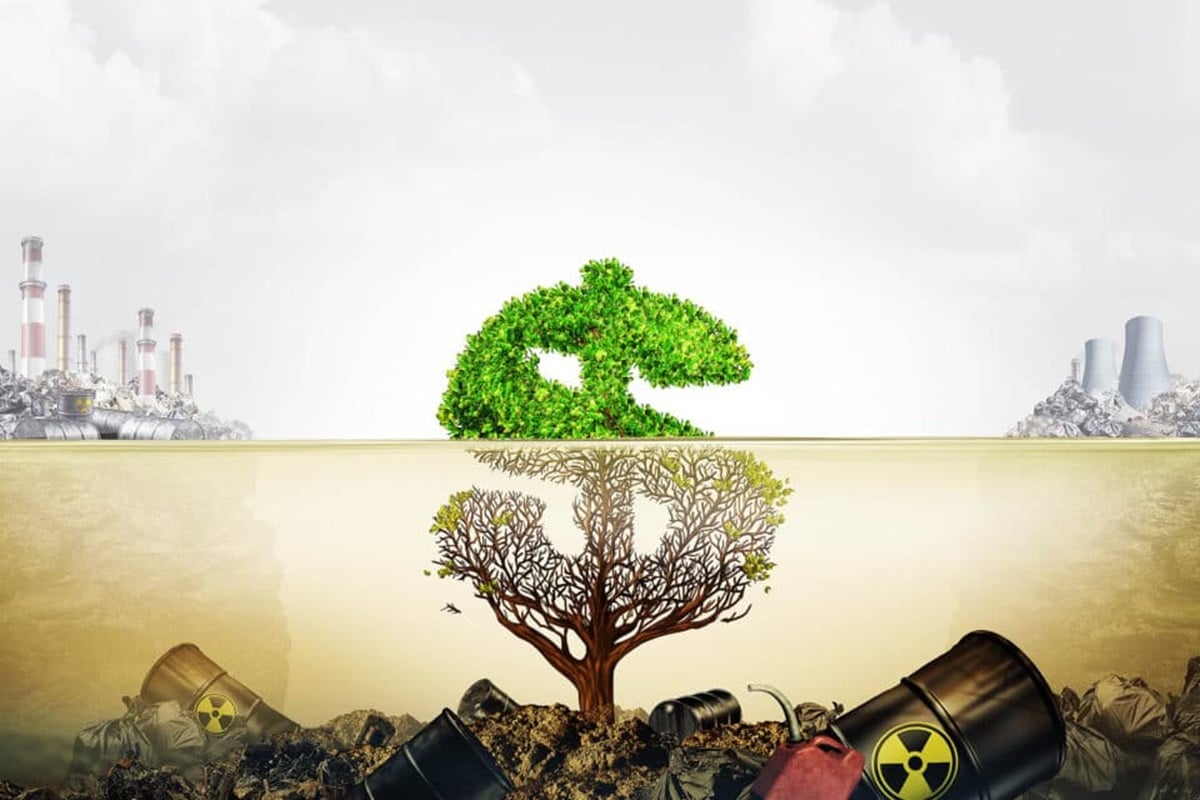Climate change is not just a future concern and it is already causing economic harm worldwide, according to recent studies. If we don’t take action, climate change could hurt economies by reducing Gross Domestic Product (GDP). A study from ETH Zurich found that if global temperatures rise by 3ºC, it could reduce the world’s GDP by 10%. This would disrupt economic activity and productivity.

Climate Change and Economic Sectors
Climate change doesn’t just mean higher temperatures; it also brings unpredictable weather patterns. The Potsdam Institute for Climate Impact Research predicts a 19% income reduction globally by 2050 due to climate change, equating to $38 trillion in annual losses.
Rainfall Disruptions
Erratic rainfall patterns caused by climate change lead to flooding and droughts, damaging infrastructure and crops. Extreme rainfall events can overwhelm drainage systems, disrupt supply chains, and result in significant economic costs.
Economic Toll of Heat Waves
Heatwaves reduce labor productivity, strain healthcare systems, and lead to economic losses. Even countries unaccustomed to high temperatures face economic consequences from heatwaves.
Global Economy Threat
Transitioning to clean energy sources requires upfront investments but is crucial for avoiding the worst economic impacts of climate change. Investing in clean energy now is more cost-effective than dealing with the consequences later.
Climate Change Injustice
Less developed nations, which contributed least to climate change, will suffer the most severe economic consequences. This exacerbates global inequality and highlights the need for urgent action.
Cut Emissions Now
Limiting warming to 1.5ºC requires deep cuts in carbon emissions within this decade. Renewable energy technologies offer a pathway to decarbonization, but swift action is essential to avoid catastrophic economic losses and human suffering.
Leave a Reply